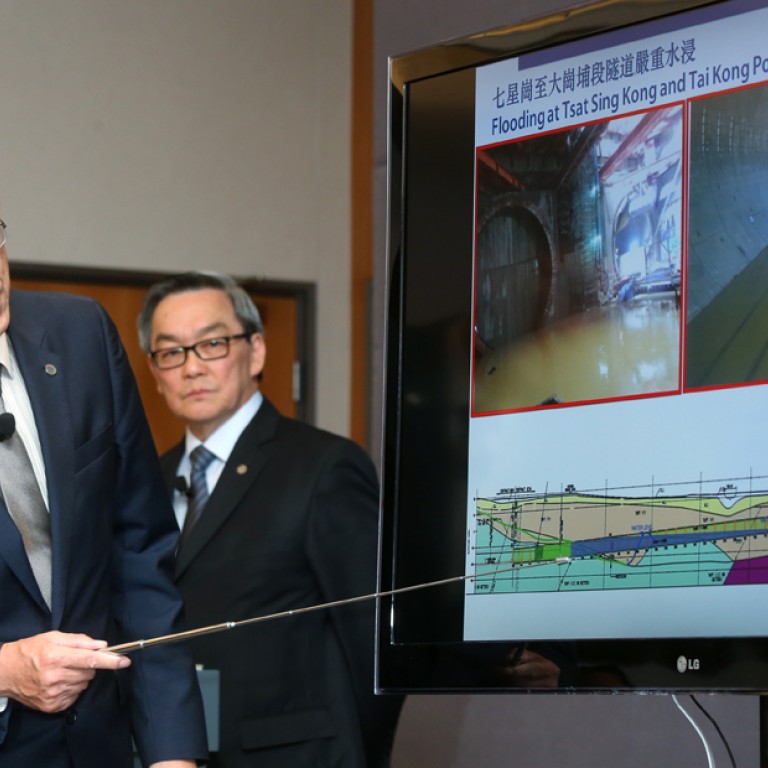
Delay to high-speed railway to serve as a wake-up call
Hong Kong prides itself as a showcase of public works, and with good reason. Not only did we overcome natural constraints to put in place a world-class airport, rail links and bridges; we also delivered them with speed and efficiency.
Hong Kong prides itself as a showcase of public works, and with good reason. Not only did we overcome natural constraints to put in place a world-class airport, rail links and bridges; we also delivered them with speed and efficiency. This small city boasts an array of civil engineering marvels that is the envy of the world. That explains why the public was baffled when the government announced the target completion date for the high-speed railway to Guangzhou had been put back. The bad news was first confirmed by the transport minister, who said he was shocked to learn from the MTR that the HK$67 billion project could not be completed by next year as scheduled. At a separate press conference, the railway operator said service could only commence by 2017; it blamed damage caused by a severe rainstorm last month and complicated geological features encountered during excavation.
The 26- kilometre line that will link up with the national high-speed network is as much a marvel as a challenge. For a public project of that scale, slippage is not uncommon; and there are well-established contingency plans. What is puzzling is that some newspapers had warned of possible delays last year , but the reports were swiftly dismissed by the government.
The public can judge for themselves whether geology and weather are to blame. But they are entitled to ask to what extent human factors have played a part. The minister said he only learned about the delay last weekend. If this is the case, it has to be asked whether the MTR could have rung the alarm bell earlier. Pressure is mounting for more disclosure.
The saga also underlines inadequacies in government monitoring. Despite being the MTR's major shareholder, with representatives on the board, including the minister, the government does not appear to have followed the progress of construction as closely as it should have done. It remains unclear what extra costs will be incurred, but the line's economic benefits will be lower. According to the government, the railway will bring 10,000 new jobs, and the time savings to passengers and other benefits will amount to HK$87 billion over 50 years. However, it is unlikely anyone will be punished for the setback. Our reputation depends on the delivery of infrastructure that is safe, efficient, reliable and offers value for money. Officials and MTR executives should learn their lesson and put the rail project back on track as soon as possible.

